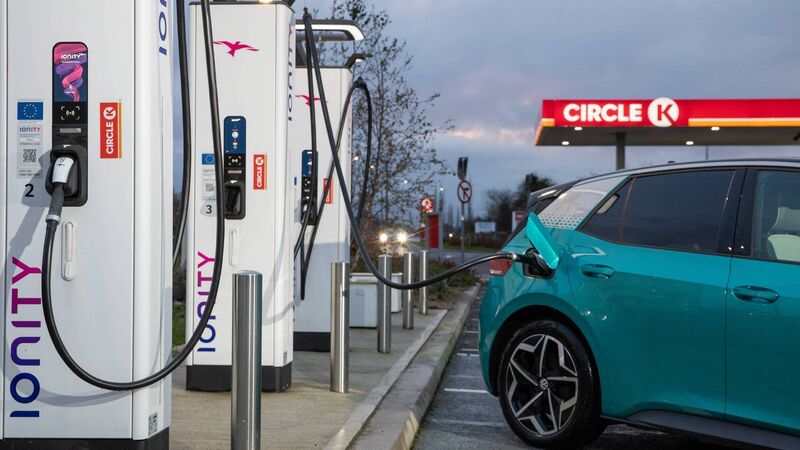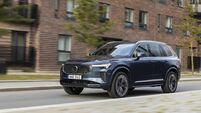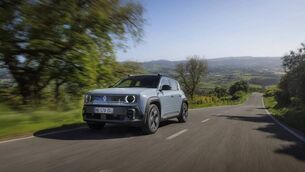Electric or hybrid cars now make up one-in-five new car sales in Ireland

Over 1.800 electric vehicles were sold in January.
More than a fifth of new Irish cars sold in January were either electric or hybrid, as a new study predicts 130 million EVs on European roads by 2035, up from 3.3 million today.
Figures from the Central Statistics Office (CSO) show that while the number of new cars last month fell by more than 1,100 or 7% compared to the same month last year, some 21% were either full electric vehicles (EV) or hybrid.





